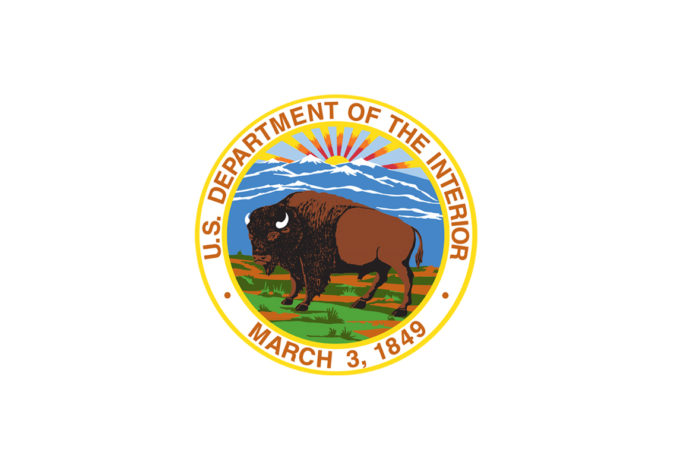ALBUQUERQUE, NM – Secretary of the Interior Deb Haaland wrapped up a two-day visit to New Mexico, where she underscored the historic investments from President Biden’s Bipartisan Infrastructure Law to strengthen Indian Country and address the Western water crisis.
On Sunday, Secretary Haaland was in Las Cruces, where she visited the Organ Mountains-Desert Peaks National Monument. The national monument, designated by President Obama in 2014, serves as a pillar of the region’s growing outdoor recreation economy. While there, Secretary Haaland heard from community members, local elected officials, and tribal leaders who helped advocate for the national monument establishment and how their communities and local businesses are benefiting from the designation.
The locally led collaboration among federal, state, local, and tribal partners to conserve and restore the public lands in southeastern New Mexico is emblematic of goals and principles outlined in the Biden-Harris administration’s America the Beautiful initiative.
Later, Secretary Haaland traveled to the Doña Ana Village Historic District, the oldest permanent Hispano settlement in southern New Mexico, and visited El Camino Real de Tierra Adentro National Historic Trail. Administered in collaboration between the National Park Service and the Bureau of Land Management, the trail preserves Indigenous, colonial and early 19th century Mexican and American heritage.
On Monday, Secretary Haaland and Assistant Secretary for Water and Science Tanya Trujillo traveled to Albuquerque to meet with tribes from the Colorado River Basin focused on the ongoing challenges of historic drought and low-runoff conditions. During the session, the group discussed the historically low water levels at Lake Powell and Lake Mead in the Colorado River Basin and opportunities to work together to address the current challenges, as well as other tribal priorities regarding water management in the Basin. Secretary Haaland emphasized how critical tribal involvement will be in the upcoming efforts to develop post-2026 operational rules for Coordinated Operation of Lake Powell and Lake Mead.
During the meeting, Secretary Haaland and Assistant Secretary Trujillo also highlighted the Bipartisan Infrastructure Law’s $8.3 billion investment in water and drought resilience. These investments are helping fund water efficiency and recycling programs, rural water projects, WaterSMART grants, and dam safety to ensure that irrigators, tribes, and adjoining communities receive adequate assistance and support.














































